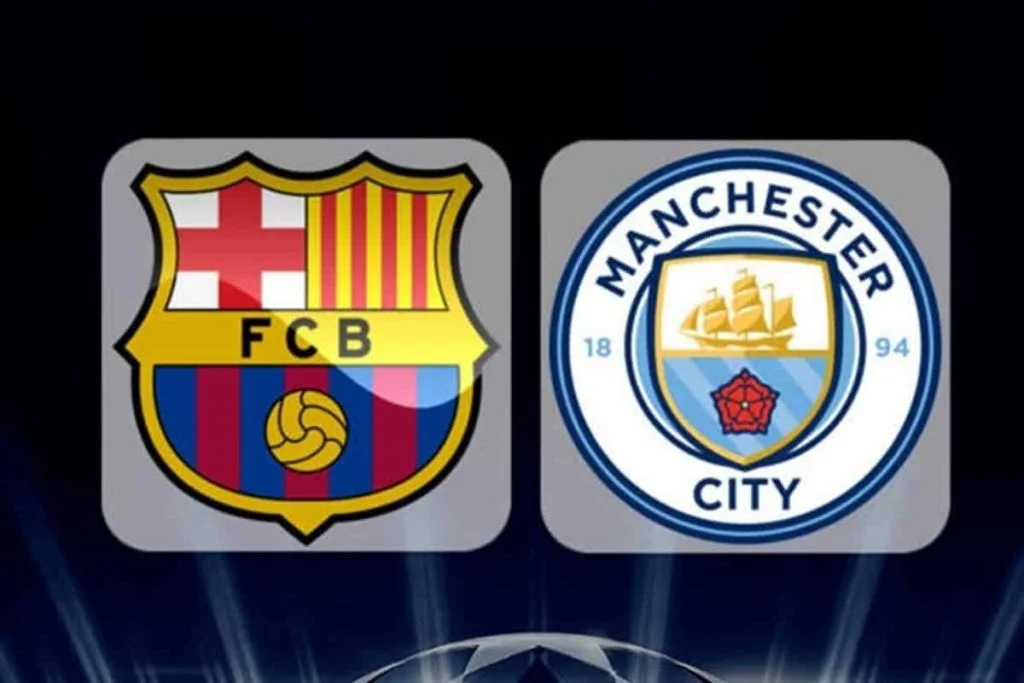Fc Barcelona and Manchester City cancel their partnership deals with Ownix and 3Key respectively

Fc Barcelona and Manchester City terminates Crypto Deals
The coronavirus pandemic had a significant impact on the sports sector. Most leagues were suspended, and teams had to play without an audience for a lengthy period of time. Sports teams began to look for new cash streams, and the crypto sector stepped in to help with lucrative arrangements.
Several agreements between prominent sports clubs have made headlines in the last year. National teams and significant club unions have also joined the trend. As a result, it was even more shocking when FC Barcelona and Manchester City, two of Europe’s largest soccer clubs, ended their cryptocurrency-related sponsorship arrangements in the same week.
Following the arrest of Moshe Hogeg, an Israeli crypto entrepreneur who was one of the company’s advisers, FC Barcelona canceled its association with nonfungible token (NFT) marketplace Ownix. In a Twitter storm, Ownix was eager to disclaim any organic link to Hogeg. Ownix was contacted by Cointelegraph, but the business refuses to speak further on the matter.
Manchester City has also terminated its agreement with 3Key, which the club announced just a week ago as a regional partner in “decentralized finance trading analysis and advising technologies.”
The sports sector is eager to participate in the NFT craze, which Morgan Stanley projects could grow to a twelve-digit market by 2030. Timothy Mangnall, whose NFT agency Capital Block assists sports clubs in better understanding crypto and the NFT world, told Cointelegraph that it is easy for clubs to overlook fundamental due diligence on firms and professional backgrounds before entering into long-term commercial relationships.
In the months preceding up to the announcement of the contract with Ownix, Barcelona had been approached by a number of NFT marketplaces. Many of the finalists already had good track histories in the NFT market, but Barcelona chose a relatively unknown company in this space, according to Mangnall:
“What this shows me is that is Barcelona solely looked at the money on the table rather than doing what they would do for every other sponsorship agreement which is proper due diligence.”
He added that the crypto market is full of small NFT firms willing to spend ten times more money than major exchanges just to land big deals with sports clubs, and that this should be a red flag for any club, which should then double down on its internal review process and conduct a deep dive into the company and the owners.
Tokenization is a product of Blockchain Technology
According to Ahmet Usta, co-author of Blockchain 101 and co-founder of Avaxtars and Crypto Mandala NFT projects, tokenization is a product of blockchain technology that attracts large companies with massive brand values and fan bases:
“Clubs are naturally aiming to get high returns from fan tokens and NFTs as early adopters.” They should, however, focus on adding value to their token and NFT offerings through innovation and solid business models.”
NFTs are not going away and will be a part of our future, and clubs should not be afraid to lose out on the excitement at the moment, but take a step back to understand the sector and plan for the next three years at the very least.”

